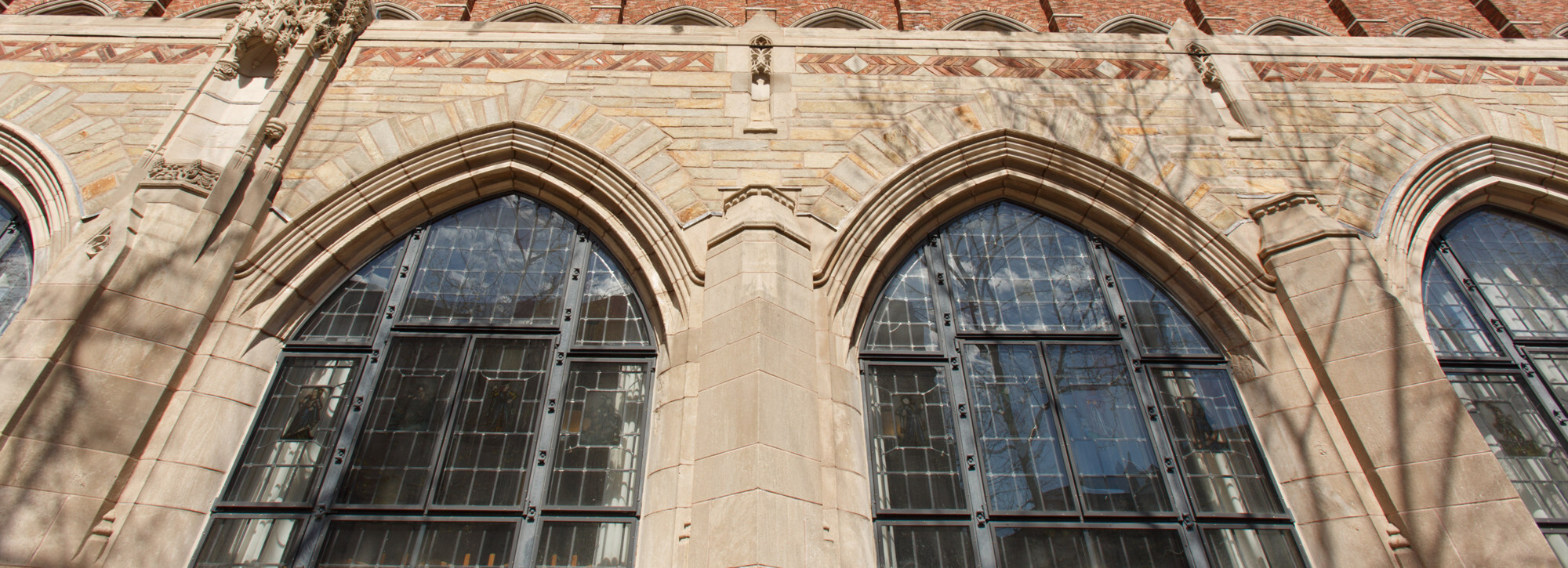Feb. 23, 2018
12:00-12:15 - Welcome by Linda Greenhouse
12:15-1:45 - Qualified Immunity: Saucier v. Katz and Pearson v. Callahan
Judge Pierre Leval (U.S. Court of Appeals for the Second Circuit) wrote an influential law review article1 criticizing Saucier.
Steven Shapiro (former Legal Director of the ACLU, 1993-2016) authored an amicus brief2 in Pearson defending Saucier.
Barbara Underwood (Solicitor General of New York), while Acting U.S. Solicitor General, worked on Saucier and wrote the government's reply brief3.
Moderator: Judith Resnik teaches about federalism, procedure, courts, prisons, equality, and citizenship.
2:15-3:45 - Undocumented Labor Disputes: Hoffman Plastic v. NLRB
Judge Marsha Berzon (U.S. Court of Appeals for the Ninth Circuit) wrote the AFL-CIO amicus brief4 and had her last oral argument in private practice in front of the D.C. Circuit panel that decided Hoffman Plastic.
Caitlin Halligan (Partner, Gibson Dunn), while the Solicitor General of New York, wrote an amicus brief5 in Hoffman Plastic on behalf of numerous states.
Paul Wolfson (Partner, WilmerHale), while Assistant U.S. Solicitor General, argued Hoffman Plastic6.
Moderator: Cristina Rodríguez teaches about constitutional law and theory; immigration law and policy; administrative law and process; language rights and policy; and citizenship theory.
4:15-5:45 - Administrative Deference: Auer v. Robbins
Judge Cornelia Pillard (U.S. Court of Appeals for the D.C. Circuit) is often grappling with Auer deference, including in Priests For Life v. U.S. Dept. of Health and Human Services7 (later vacated and remanded).
Chris Walker (Ohio State University) has recently written a law review article8 surveying the key arguments that have emerged against Auer deference.
Andrew Pincus (Partner, Mayer Brown) has frequently encountered Auer deference in his career as a Supreme Court and appellate litigator.
Moderator: Nicholas Parrillo teaches on the subjects of administrative law, government bureaucracy, remedies, legislation, and American legal history.
The conference was co-sponsored with the Yale Law & Policy Review.
